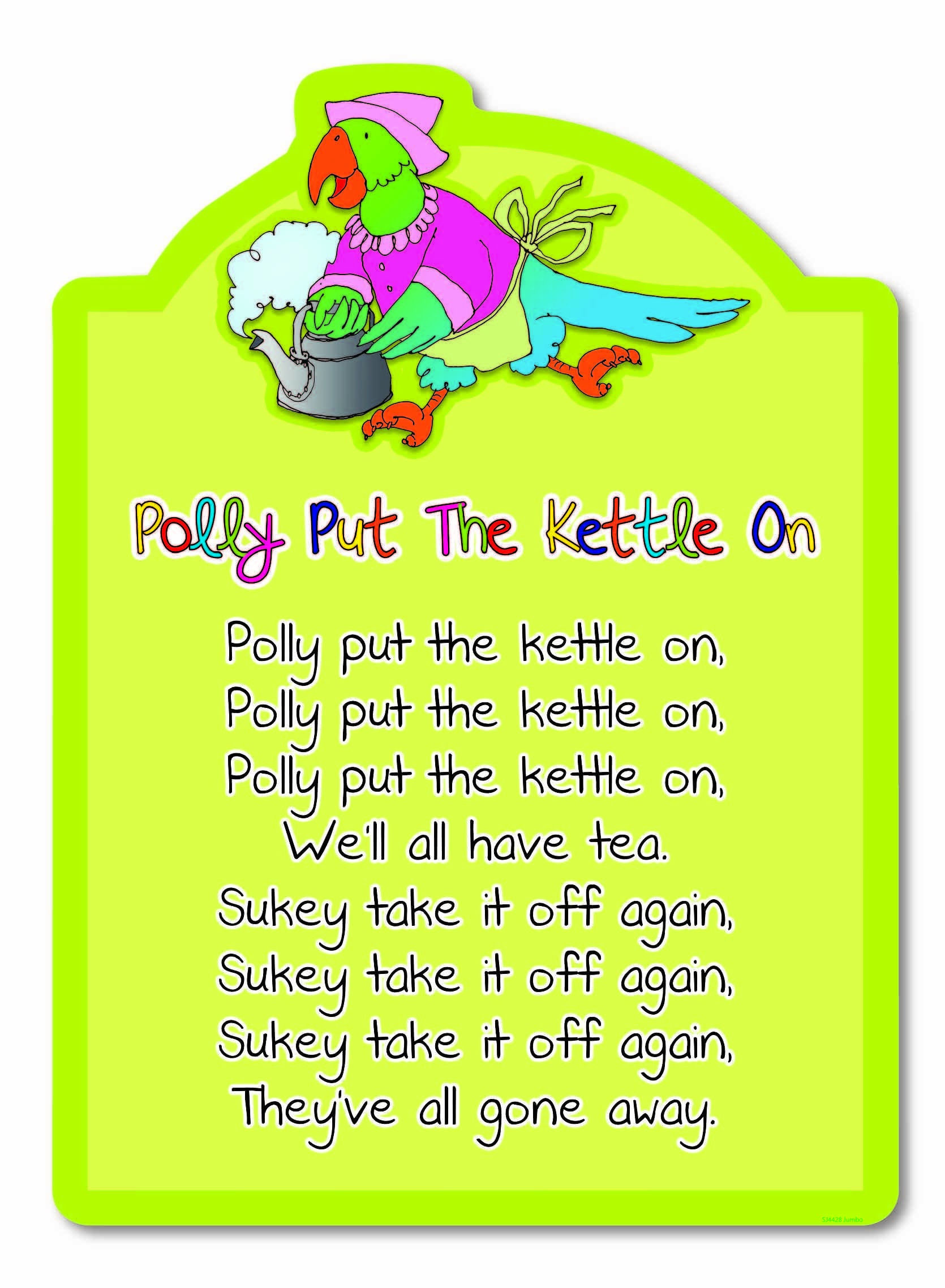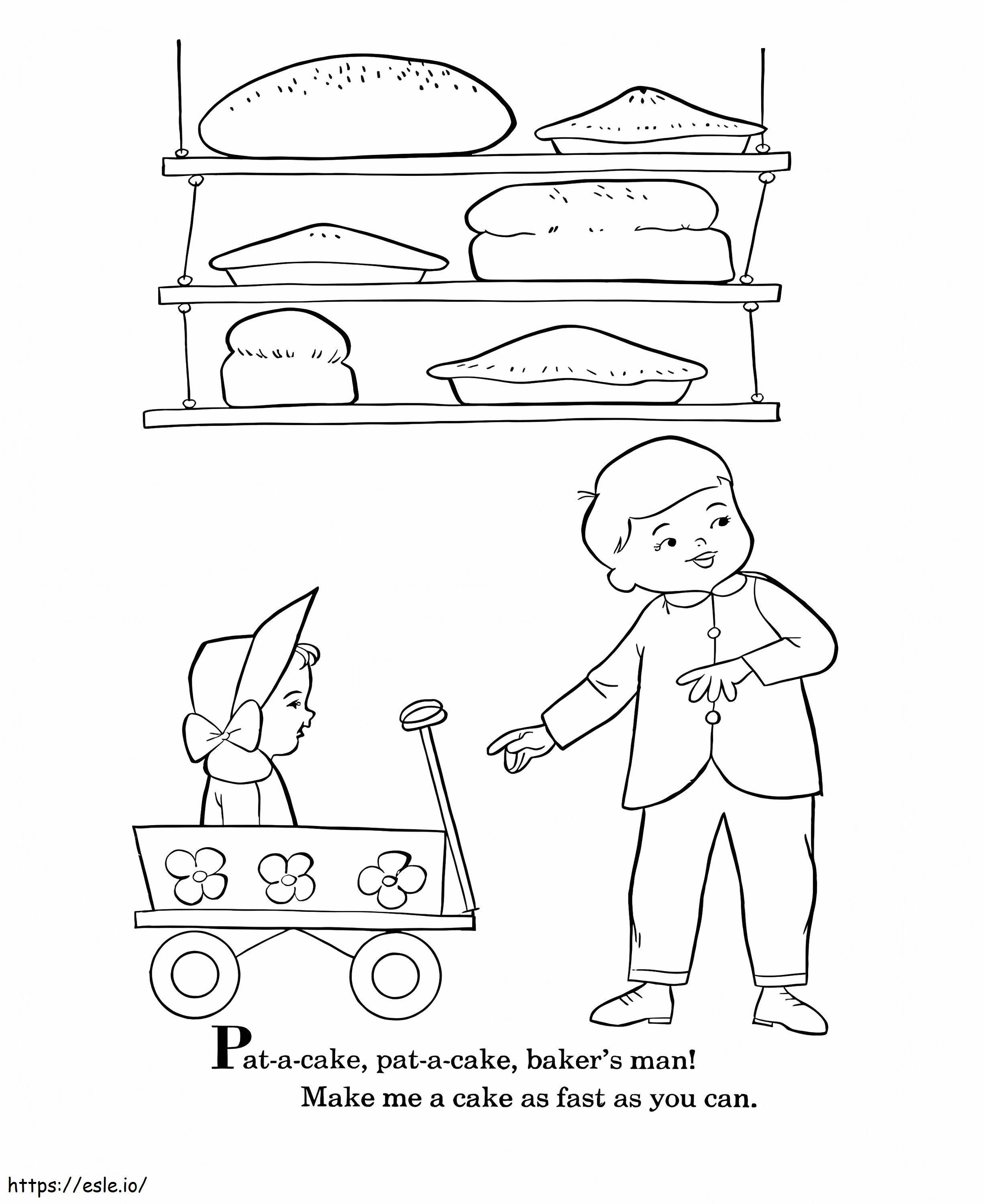Nursery Rhymes Dti: A Fun And Educational Journey For Little Ones
When it comes to nursery rhymes dti, parents are always on the lookout for ways to make learning fun for their kids. These rhymes aren’t just catchy tunes; they’re powerful tools for early childhood development. Think of them as the gateway to a world of imagination, creativity, and knowledge. Nursery rhymes have been around for centuries, but they continue to evolve, adapting to modern times while keeping their timeless charm intact.
Now, let’s dive into why nursery rhymes dti are such a big deal. They’re not just about singing along to cute little songs. These rhymes play a vital role in a child’s cognitive, emotional, and social growth. Plus, they’re super engaging, which makes them an excellent way to capture the attention of those tiny, restless minds. You know how kids can be—always bouncing around with endless energy. But when you introduce a good nursery rhyme, it’s like magic!
And hey, nursery rhymes aren’t just for entertainment. They’re packed with educational value. From improving language skills to boosting memory retention, they cover a lot of ground. So, whether you’re a parent, teacher, or caregiver, incorporating nursery rhymes into your daily routine can make a world of difference. Let’s explore this fascinating topic further, shall we?
- Livvy Dunne Stats The Rising Star In The Gaming Industry
- Strawberry Tabby Cats The Ultimate Guide To This Unique Feline Beauty
What Are Nursery Rhymes Dti and Why Are They Important?
First things first, let’s break down what nursery rhymes dti actually are. Simply put, they’re short, rhythmic poems or songs designed specifically for young children. The “dti” part refers to their developmental, therapeutic, and interactive nature. These rhymes are crafted to engage kids on multiple levels, ensuring they get the most out of the experience.
Why are they important? Well, nursery rhymes dti serve as building blocks for early learning. They help children develop essential skills like listening, speaking, and understanding language. Additionally, they encourage creativity and imagination, allowing kids to explore different worlds through the power of words and music. And let’s not forget the social aspect—they’re a great way for kids to bond with others, whether it’s with family or peers.
Key Benefits of Using Nursery Rhymes Dti
Here’s a quick rundown of the benefits:
- Unveiling The Voice Behind Levi Ackerman Attack On Titans Levi Voice Actor
- Wendys Nuggets The Mouthwatering Secret Behind Americas Favorite Chicken Treat
- Language Development: Nursery rhymes introduce kids to new words and phrases, expanding their vocabulary.
- Memory Enhancement: Repetition in rhymes helps improve memory retention, making it easier for kids to remember things.
- Cognitive Growth: Rhymes stimulate brain activity, encouraging problem-solving and critical thinking.
- Emotional Expression: Kids can express their feelings through singing and acting out the rhymes.
- Social Interaction: Group activities involving nursery rhymes foster teamwork and communication skills.
How Nursery Rhymes Dti Aid in Early Childhood Education
In the realm of early childhood education, nursery rhymes dti hold a special place. They’re like secret weapons for educators, helping them achieve their teaching goals in a fun and engaging way. By incorporating these rhymes into lesson plans, teachers can create an interactive learning environment that keeps kids interested and motivated.
One of the coolest things about nursery rhymes dti is their ability to adapt to various educational themes. Whether you’re teaching numbers, colors, or even basic science concepts, there’s a rhyme out there that fits the bill. This versatility makes them an invaluable resource for educators who want to make learning both enjoyable and effective.
Examples of Popular Nursery Rhymes Dti
Here are a few examples of popular nursery rhymes dti that you might recognize:
- Twinkle, Twinkle, Little Star: A classic rhyme that introduces kids to the wonders of the night sky.
- Head, Shoulders, Knees, and Toes: Perfect for teaching body parts and promoting physical movement.
- Row, Row, Row Your Boat: Encourages teamwork and coordination through synchronized actions.
The Role of Parents in Promoting Nursery Rhymes Dti
Parents play a crucial role in promoting nursery rhymes dti at home. By incorporating these rhymes into daily routines, parents can reinforce the lessons learned in school and create a seamless learning experience for their children. Plus, it’s a fantastic way to spend quality time together!
For instance, you can sing nursery rhymes during bath time, bedtime, or even while running errands. The key is to make it a regular part of your child’s day. This consistency helps reinforce the benefits of the rhymes and ensures that your child gets the most out of them.
Tips for Parents to Make Nursery Rhymes Dti More Engaging
Here are some tips to make nursery rhymes dti more engaging for your little ones:
- Use props and visual aids to bring the rhymes to life.
- Encourage your child to act out the rhymes, using gestures and movements.
- Create a fun routine around singing rhymes, making it a highlight of the day.
Exploring the Therapeutic Aspects of Nursery Rhymes Dti
Beyond their educational value, nursery rhymes dti also have therapeutic benefits. They can help soothe anxious or upset children, providing a sense of comfort and security. The rhythmic nature of the rhymes has a calming effect, making them ideal for relaxation and stress relief.
In addition, nursery rhymes dti can be used as a tool for speech therapy. For children with speech delays or difficulties, these rhymes offer a fun and non-threatening way to practice pronunciation and articulation. It’s all about creating a positive learning environment where kids feel confident and supported.
How Nursery Rhymes Dti Support Speech and Language Therapy
Nursery rhymes dti are particularly effective in speech and language therapy because they:
- Provide a structured framework for practicing speech sounds.
- Encourage repetition, which is crucial for reinforcing learning.
- Engage multiple senses, enhancing the overall learning experience.
Cultural Significance of Nursery Rhymes Dti
Nursery rhymes dti also carry cultural significance. They’re often passed down through generations, preserving traditions and stories from the past. By teaching these rhymes to our children, we’re keeping these cultural treasures alive and ensuring they’re not lost to time.
Moreover, nursery rhymes dti can serve as a bridge between different cultures. By introducing kids to rhymes from around the world, we’re helping them develop a global perspective and appreciation for diversity. It’s all about broadening horizons and fostering understanding.
Examples of Culturally Significant Nursery Rhymes Dti
Here are a few examples of culturally significant nursery rhymes dti:
- Baa, Baa, Black Sheep: A traditional English rhyme with roots dating back to the 18th century.
- Cinco Pollitos: A popular Spanish rhyme that teaches kids about counting and animals.
- Sakura Sakura: A traditional Japanese rhyme celebrating the beauty of cherry blossoms.
Challenges and Solutions in Using Nursery Rhymes Dti
While nursery rhymes dti offer countless benefits, there are challenges to consider. For instance, some rhymes may contain outdated or inappropriate content. It’s important for parents and educators to carefully select the rhymes they use, ensuring they align with modern values and sensibilities.
Another challenge is keeping kids engaged over time. As children grow, their interests and preferences change. To address this, it’s essential to update and refresh the rhymes regularly, incorporating new themes and ideas to keep them relevant and exciting.
Solutions for Keeping Nursery Rhymes Dti Fresh and Exciting
Here are some solutions for keeping nursery rhymes dti fresh and exciting:
- Incorporate modern music and technology to give traditional rhymes a new twist.
- Involve kids in the creative process, letting them suggest changes or additions to the rhymes.
- Host themed events or contests centered around nursery rhymes, encouraging participation and enthusiasm.
Conclusion: Embrace the Power of Nursery Rhymes Dti
In conclusion, nursery rhymes dti are more than just cute little songs—they’re powerful tools for early childhood development. They promote language skills, enhance memory retention, and foster creativity and imagination. Whether you’re a parent, teacher, or caregiver, incorporating nursery rhymes into your daily routine can make a significant impact on a child’s growth and learning.
So, why not give it a try? Start by selecting a few favorite rhymes and making them a part of your daily activities. You’ll be amazed at how quickly your little ones take to them and how much they enjoy the experience. And remember, the key is consistency—make it a habit, and you’ll see the benefits in no time!
Don’t forget to share your thoughts and experiences in the comments below. We’d love to hear how nursery rhymes dti have made a difference in your life. Also, feel free to explore our other articles for more tips and insights on early childhood education. Happy rhyming!
Table of Contents
- What Are Nursery Rhymes Dti and Why Are They Important?
- Key Benefits of Using Nursery Rhymes Dti
- How Nursery Rhymes Dti Aid in Early Childhood Education
- Examples of Popular Nursery Rhymes Dti
- The Role of Parents in Promoting Nursery Rhymes Dti
- Tips for Parents to Make Nursery Rhymes Dti More Engaging
- Exploring the Therapeutic Aspects of Nursery Rhymes Dti
- How Nursery Rhymes Dti Support Speech and Language Therapy
- Cultural Significance of Nursery Rhymes Dti
- Examples of Culturally Significant Nursery Rhymes Dti
- Challenges and Solutions in Using Nursery Rhymes Dti
- Solutions for Keeping Nursery Rhymes Dti Fresh and Exciting
- Bruce Somers Net Worth The Untold Story Of Wealth Success And Influence
- Steve Irwin Famous Quotes The Words Of The Crocodile Hunter

Nursery Rhymes Nursery Rhymes Preschool Nursery Rhyme vrogue.co

Nursery Rhymes 9 coloring page

Nursery Rhymes Twin Sisters